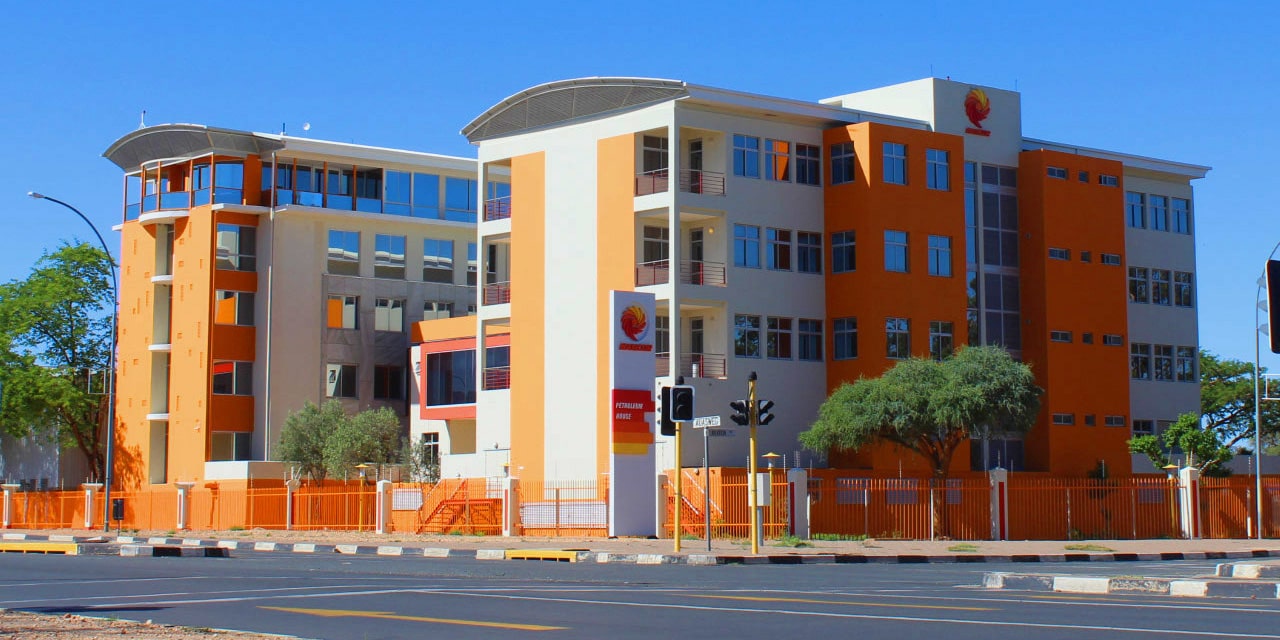Martin Endjala
The Institute for Public Policy Research, IPPR, is demanding for the release of the Ernst and Young, E&Y, auditing firm’s forensic report on alleged irregularities at TransNamib which was conducted in 2022.
The IPPR says the report ought to be released, given the fact that TransNamib is a public entity. In 2021, it was also reported that there was over-compensation of non-performing executives, while the institution was underperforming and making losses of an estimated N$10 million monthly.
According to IPPR researcher, Frederico Links it is time that state-owned entities stop operating in silos when it comes to reports of alleged irregularities or mismanagement of procurement, stating that these reports must be released to the public since it is in the public’s interest.
“We are calling on Finance Minister, Iipumbu Shiimi to officially release these reports and for the TransNamib board to also respond to some of the allegations made in the leaked E&Y report. This is a public entity, and these are public documents,” said Links, while taking a dive into the latest procurement debacle at TransNamib.
Finance Minister Iipumbu Shiimi told parliament last year that the E&Y report was submitted to the ACC, as per section 29 (4), to review and identify if there is any possible corruption or any matter in the report that may fall within the ACC Act.
Meanwhile, despite the Anti-Corruption Commission clearing the TransNamib board last year, it said that the national rail operator was dogged by serious administrativeissues which require addressing.
Responding to questions, TransNamib spokesperson Abigail Raubenheimer said that the IPPR call is simply a repition, which the Minister of Finance, the ACC and the TransNamib board of directors have already pronounced themselves on and cleared TransNamib management of all allegations of corruption.
“In terms of ethical research, we would have hoped that an independent body such as IPPR would have launched an independent investigation into such allegations and not solely relied on a report completed by another party without any independent verification whatsoever of the allegations contained in such a report. In terms of this process, the IPPR has failed in their mandate to deliver analytical research,”Raubenheimer said.
In addition, the spokesperson for the Ministry of Finance, Wilson Shikoto said that due to strategic operational information that is confidential in the report, releasing the report will unfairly disadvantage TransNamib, in relation to its competitors.
“The Minister shared the report with the board and requested the board to study and rectify the critical issues identified by the audit and report regularly to the Minister on the progress thereof,” Shikoto said.
The call for the release of the report comes after the TransNamib executives and staff who were flagged in the forensic report were exonerated from all allegations of irregularity last year by the Anti-Corruption Commission.
However, Links says there is a tendency where executives and staff members who were under investigation are cleared of all allegations, with no further investigation carried out, but the same people are then seen after some years heading other public entities. The same trend than repeat itself. “This is the reason why some SOE’s find themselves in the dire state they are in today”, he reiterated.
Links singled out the suspension of executives at AMTA, NIPAM and Namcor as well as the irregularity claimed at the Central Procurement Board of Namibia, and the Road Contractor Company, amongst others.
The researcher said that it was premature for TransNamib to clear its board on such allegations, and that the move was inconsiderate of public interests.
“The institute is therefore recommending that the Procurement Policy Unit be probed to investigate further the procurement irregularities flagged in the report and for reports to be publicly made available. The government must do away with confidentiality and make things publicly”, said Links.
He has since suggested that the TransNamib board be summoned and answer to the Parliamentary committee on public accounts.
He advised that measures must be put in place to ensure that tenders do not benefit the rich or politically affiliated companies or well-connected individuals and that it should guarantee fairness.




